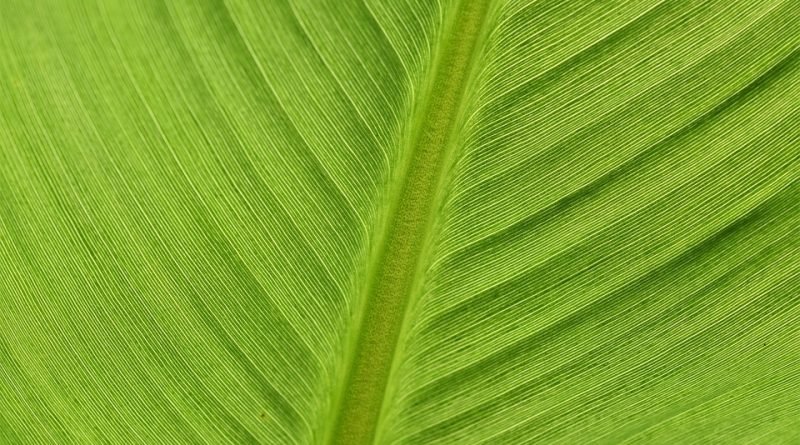The History of Bananas: How This Tropical Fruit Conquered the World
Bananas are one of the most popular and widely consumed fruits in the world, with a fascinating history that spans thousands of years. Originating in Southeast Asia, bananas have played a significant role in human diet and culture, and have been cultivated and consumed by civilizations all over the world.
The history of bananas dates back to ancient times, with evidence of banana cultivation dating back to 5000 BCE in Papua New Guinea. From there, bananas spread throughout Southeast Asia and into India, where they were mentioned in ancient Hindu texts dating back to around 500 BCE. Bananas were also popular in ancient China, where they were first mentioned in written records from the 6th century CE.
The banana plant was introduced to Africa by Arab traders in the 6th century CE, and quickly spread throughout the continent. European explorers encountered bananas in Africa in the 15th century, and brought them back to Europe, where they became popular among the elite as a luxury item. Spanish and Portuguese colonists introduced bananas to the Americas in the 16th century, where they quickly became a staple crop in many tropical regions.
In the 19th century, bananas began to be commercialized on a large scale, with companies like United Fruit Company (now Chiquita Brands International) establishing banana plantations in Central and South America. Bananas were exported to markets around the world, revolutionizing the fruit industry and becoming a symbol of tropical luxury in the Western world.
Today, bananas are one of the most widely consumed fruits in the world, with over 100 billion bananas consumed annually. They are a staple food in many tropical countries, and are an important source of nutrition for millions of people around the world. Bananas are also used in a variety of products, including banana chips, banana bread, and banana smoothies.
The popularity of bananas can be attributed to their delicious taste, convenience, and nutritional value. Bananas are an excellent source of potassium, vitamin C, and dietary fiber, making them a healthy and satisfying snack. They are also versatile, and can be eaten fresh, cooked, or dried, allowing for a wide variety of culinary uses.
In conclusion, the history of bananas is a fascinating tale of how a tropical fruit from Southeast Asia conquered the world and became one of the most popular and beloved fruits in human history. From ancient civilizations to modern-day grocery stores, bananas have played a significant role in human culture and diet, and will continue to be enjoyed by people all over the world for generations to come.
